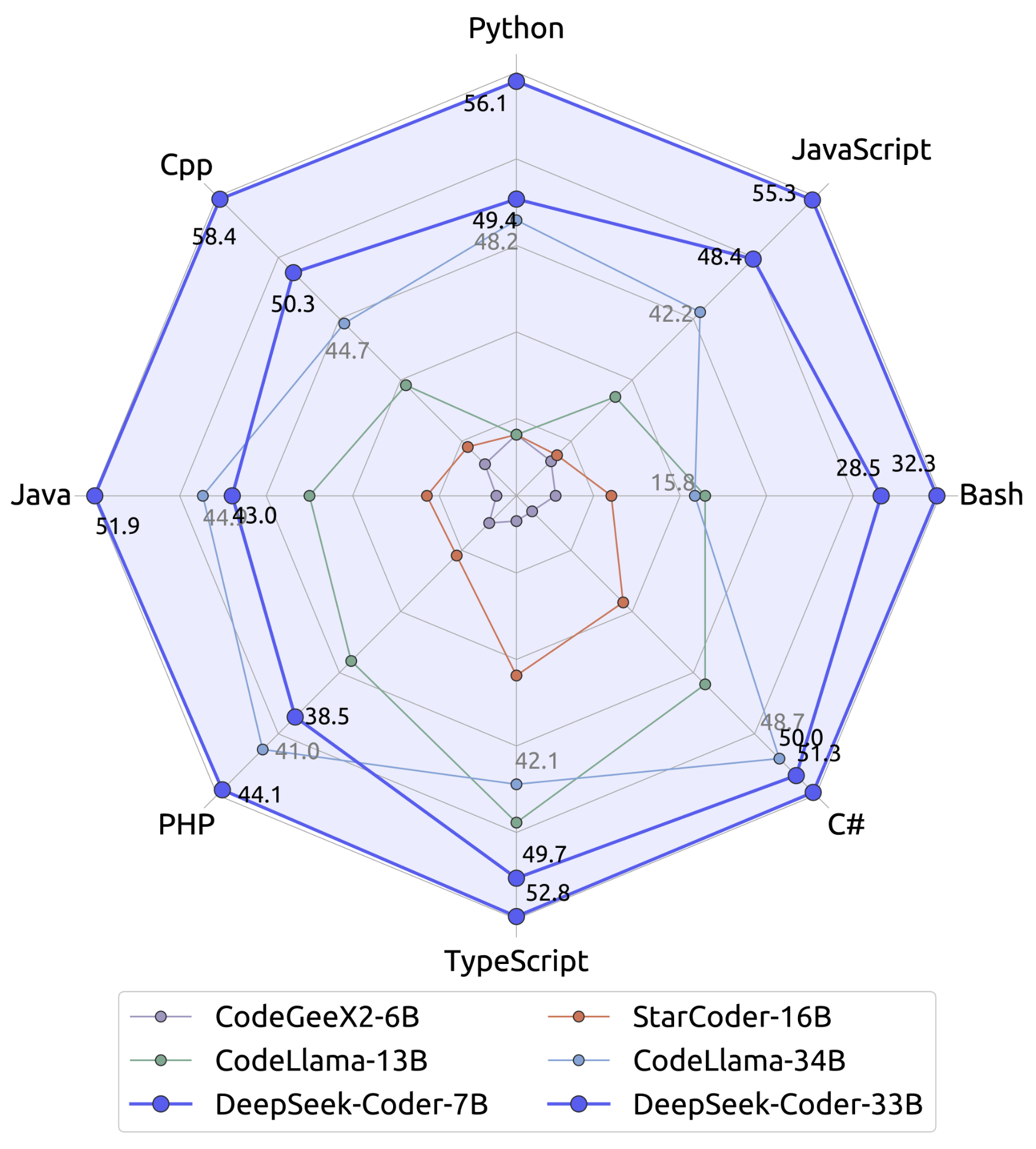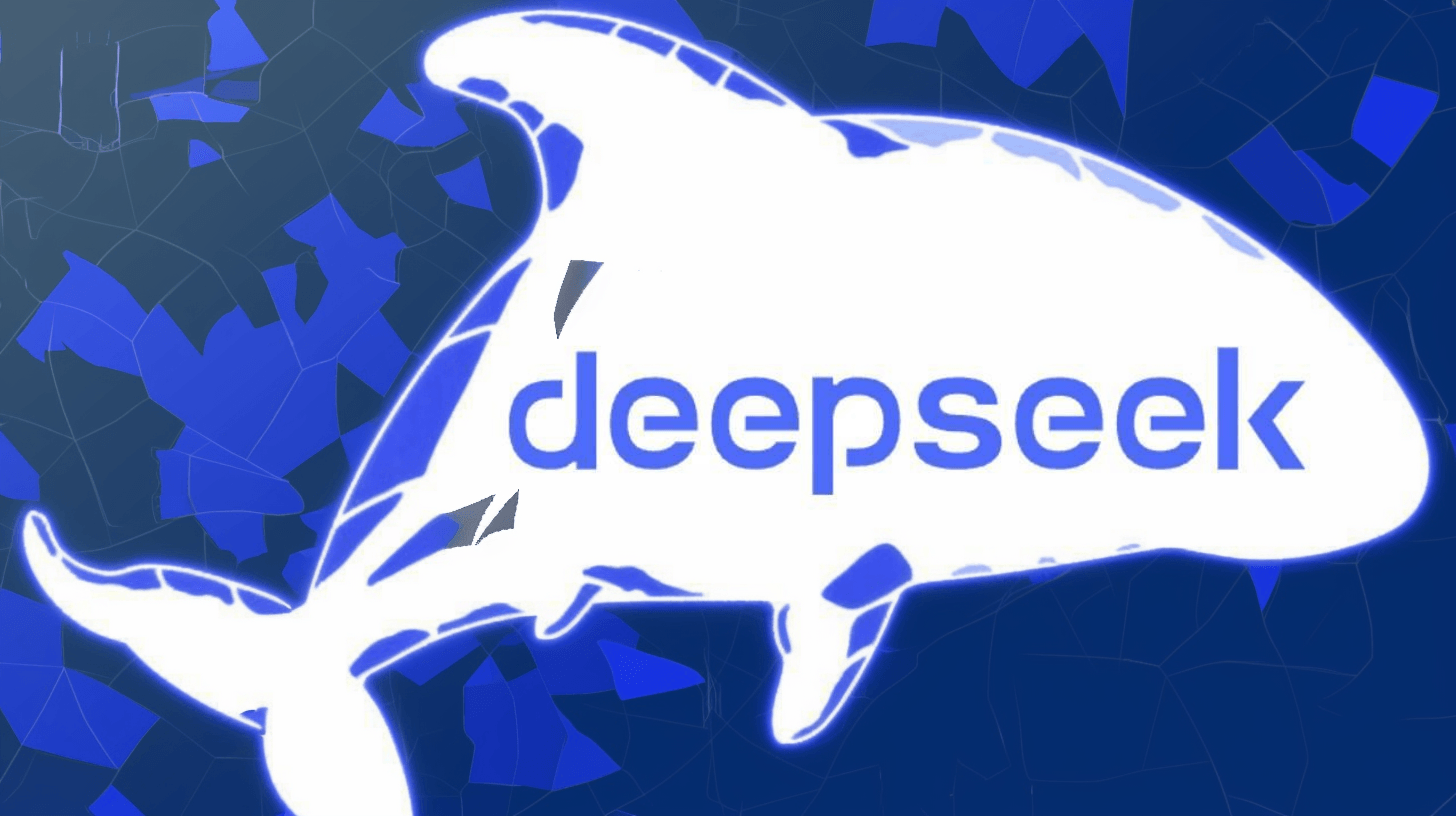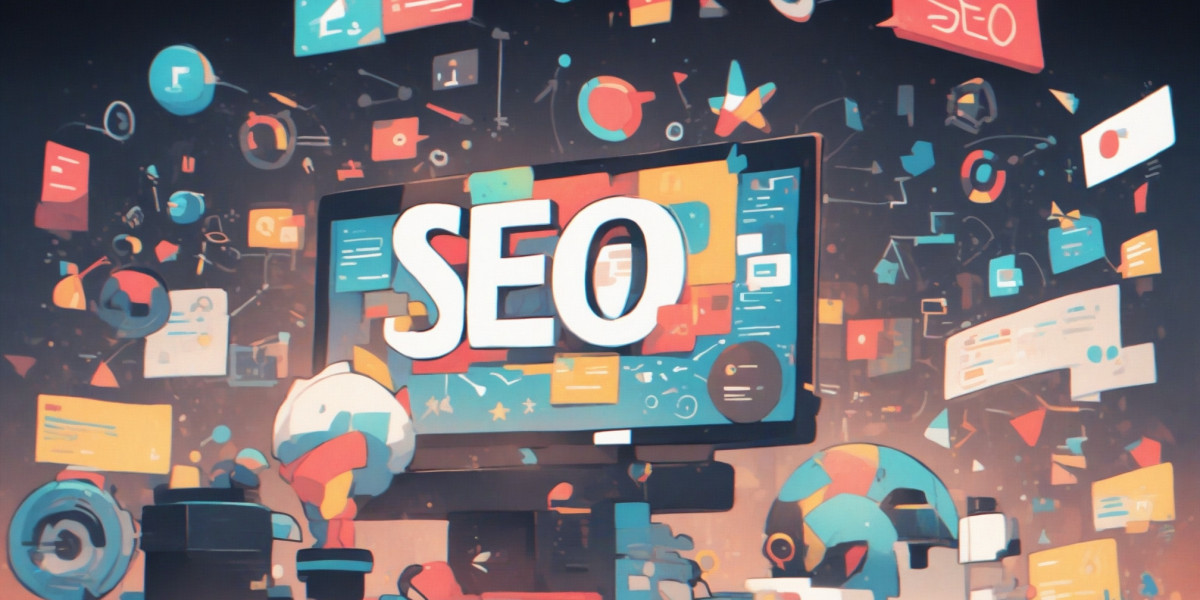
Lower-cost AI tools might improve jobs by giving more workers access to the technology.
- Companies like DeepSeek are establishing affordable AI that might assist some workers get more done.
- There might still be dangers to workers if employers turn to bots for easy-to-automate jobs.
Cut-rate AI might be shaking up industry giants, brotato.wiki.spellsandguns.com however it's not most likely to take your task - a minimum of not yet.

Lower-cost techniques to establishing and training expert system tools, from upstarts like China's DeepSeek to heavyweights like OpenAI, will likely allow more people to latch onto AI's productivity superpowers, market observers informed Business Insider.

For lots of employees fretted that robots will take their tasks, that's a welcome advancement. One frightening possibility has actually been that discount AI would make it easier for employers to switch in low-cost bots for pricey humans.
Of course, that could still happen. Eventually, the technology will likely muscle aside some entry-level workers or fishtanklive.wiki those whose roles mainly include recurring jobs that are simple to automate.
Even higher up the food cycle, staff aren't necessarily totally free from AI's reach. Salesforce CEO Marc Benioff said this month the business may not work with any software application engineers in 2025 since the firm is having a lot luck with AI agents.
Yet, broadly, for many workers, lower-cost AI is most likely to broaden who can access it.
As it ends up being cheaper, it's much easier to integrate AI so that it becomes "a partner rather of a hazard," Sarah Wittman, an assistant professor of management at George Mason University's Costello College of Business, told BI.
When AI's cost falls, users.atw.hu she stated, "there is more of an extensive acceptance of, 'Oh, this is the method we can work.'" That's a departure from the frame of mind of AI being a pricey add-on that companies might have a tough time validating.
AI for forum.batman.gainedge.org all
Cheaper AI might benefit workers in locations of a service that frequently aren't seen as direct income generators, Arturo Devesa, chief AI designer at the analytics and information business EXL, told BI.
"You were not going to get a copilot, maybe in marketing and HR, and now you do," he stated.
Devesa stated the path revealed by business like DeepSeek in slashing the expense of developing and implementing large language designs alters the calculus for employers deciding where AI might settle.
That's because, for a lot of big business, such decisions consider cost, accuracy, and speed. Now, with some expenses falling, the possibilities of where AI might appear in an office will mushroom, Devesa stated.
It echoes the axiom that's all of a sudden all over in Silicon Valley: "As AI gets more effective and available, we will see its use skyrocket, turning it into a product we simply can't get enough of," Microsoft CEO Satya Nadella wrote on X on Monday about the so-called Jevons paradox.
Devesa said that more efficient workers will not necessarily reduce demand for people if employers can develop new markets and new sources of profits.
Related stories
AI as a commodity
John Bates, CEO of software application business SER Group, informed BI that AI is ending up being a product much quicker than anticipated.
That means that for utahsyardsale.com tasks where desk employees might need a backup or somebody to confirm their work, low-priced AI may be able to step in.
"It's excellent as the junior knowledge employee, the important things that scales a human," he said.
Bates, a previous computer system science professor at Cambridge University, stated that even if an employer currently prepared to utilize AI, the decreased expenses would enhance return on investment.
He likewise said that lower-priced AI could offer little and medium-sized services easier access to the innovation.
"It's just going to open things up to more folks," Bates said.
Employers still need human beings
Even with lower-cost AI, people will still have a location, stated Yakov Filippenko, CEO and founder of Intch, which helps experts discover part-time work.
He stated that as tech companies complete on cost and drive down the cost of AI, many employers still won't aspire to eliminate workers from every loop.
For instance, Filippenko said business will continue to require designers since somebody needs to validate that new code does what an employer desires. He said companies hire employers not just to finish manual labor; managers also desire an employer's opinion on a candidate.
"They pay for trust," Filippenko said, referring to employers.
Mike Conover, CEO and galgbtqhistoryproject.org creator of Brightwave, a research platform that utilizes AI, informed BI that an excellent chunk of what people do in desk jobs, in specific, consists of jobs that could be automated.
He stated AI that's more widely readily available because of falling expenses will permit human beings' imaginative abilities to be "released up by orders of magnitude in terms of the elegance of the issues we can solve."
Conover thinks that as rates fall, AI intelligence will likewise spread out to far more locations. He said it belongs to how, decades back, the only motor in a car might have been under the hood. Later, as electric motors shrank, they showed up in places like rear-view mirrors.

"And now it's in your toothbrush," Conover said.
Similarly, Conover stated universal AI will let experts create systems that they can customize to the requirements of jobs and workflows. That will let AI bots manage much of the grunt work and allow workers ready to try out AI to take on more impactful work and maybe shift what they have the ability to focus on.








